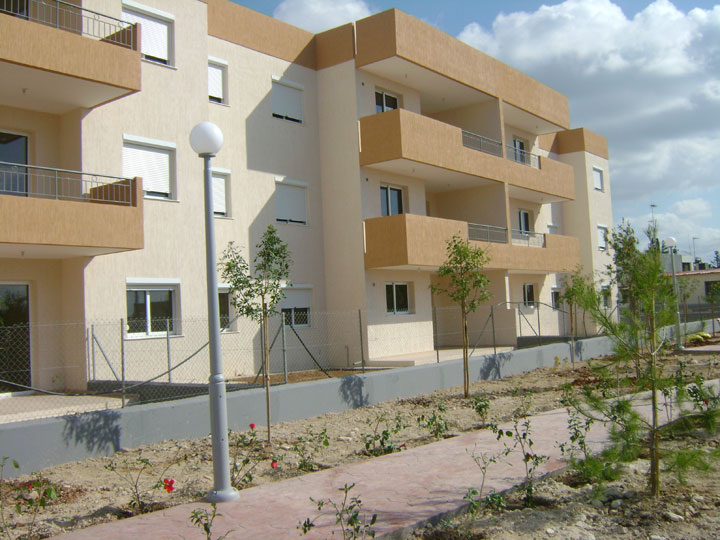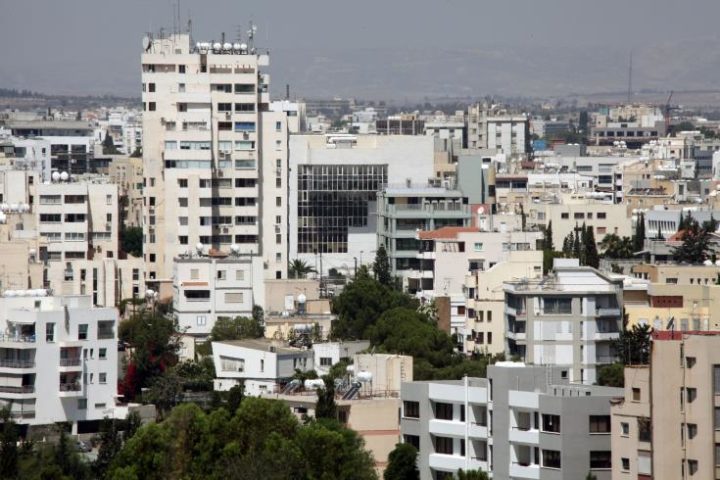Due to the reform and restructuring of municipalities and local authorities, there is great debate on which should be the competent authority for issuing building and planning permits.
This subject ought to have been discussed a long time ago, which has now reached the stage of two opposing views – the technical chamber ETEK and the union of municipalities Local Authorities Union – who are not willing to reach an agreement.
For that reason, I would like to propose a fair compromise, in my view.
The subject is quite serious as it touches upon the development and more importantly the proper development of Cyprus, as much as this can be possible in this country of small politics and conflicting interests.
I believe the issue of building permits should be undertaken by a central body in each district and should not be up to the local authorities, of which we have 27 and their number should be reduced.
Based on 40 years’ experience from the existing central authority, i.e., the Town Planning Department, I often note that its staff have a hostile attitude towards the public and instead of “helping” an applicant to get a speedy response or a fair interpretation of the building legislation, the opposite is true in most cases.
Applications are examined primarily by lower-level staff, where many decisions have their contradictions, whereas at the higher level of the Town Planning Department the staff are more helpful and open-minded.
This sort of attitude towards applicants provides for odd decisions which upset the public.
One example was a building plot, with access and partly infringing within the coastal protection zone.
The building was to be placed at a certain distance from the nearby road, but the Planning Department refused to allow vehicular access from the road to the building (within the applicant’s land) because that access partly fell within the coastal zone.
By contrast, adjoining plots which belong to the government within the coastal zone are used for parking and on occasions for festivals and other public events.
This means that those who occupy the original plot would need to walk some 500 metres to access the road. This makes absolutely no sense.
Also, due to the “koumbaros” connections and voter obligations or promises, local authorities often behave in a most objectionable and suspect manner.
In one case a hotel apartment in the Protaras area owned by a Nicosia resident was denied permission for conversion into apartments for sale despite receiving a planning permit for the new project.
At the same time, another similar project owned by a local (with voting rights) was given a permit and duly converted into apartments for sale. Is this not odd?
In the past, I have referred to a previous case of a beach kiosk which was converted into a grill bar, for which it had no permit but was “protected” by the local authority.
And also, the case of 7 containers placed on a Protaras beach that has been converted into holiday homes which are let out (with advertising signs in full public view), again under the cover of the local authority.
On the other side of the island, a Coral Bay beach plot near Peyia rejected development plans by an Australian Cypriot investor, because the Peyia municipality could not afford to lose the thousands of euros it earned by using the same plot for its own use.
There are many other examples, such as that of a Sotira investor who added two extra floors on a hotel, which was duly halted by the central Planning Authority.
On another occasion, one plot was allowed by the Planning Authority to put up a building with 5 floors, whereas the local authority allowed the development to rise to 6 floors.
The list is endless.
I am most unhappy, including the negligence of a certain District Office which does not respond to the numerous letters by the buyers of a project on the inexplicable delay in issuing title deeds, neither does it respond to their request for a meeting.
In my opinion, both contesting bodies should consider the following:
- Who is more knowledgeable on the issue of permits? The central authority.
- Who is more friendly to the applicants’ submission? The local authority.
- Who is least affected by the “koumbaros” connections and personal relations? The central authority.
- Who is least affected by small politics and decisions that are taken by featherweights? The central authority.
- Such was the case of the Vasiliou project at Peyia for which the local authority refused to issue of a permit because the project was near the Natura protected zone.
The central authority should be the body in charge, but it should take into account the opinion of the local authorities.
The body which issues the permit at the end must have the legal status to take action that might result in the extreme decision to order a demolition if illegal structures are concerned.
This cannot happen in the case of small local authorities that rely on connections or community obligations.
Corruption has become the name of the game.
My compromise suggestion of collaboration by all sides will ensure wider transparency and is probably the best way to reduce this phenomenon of corruption.










